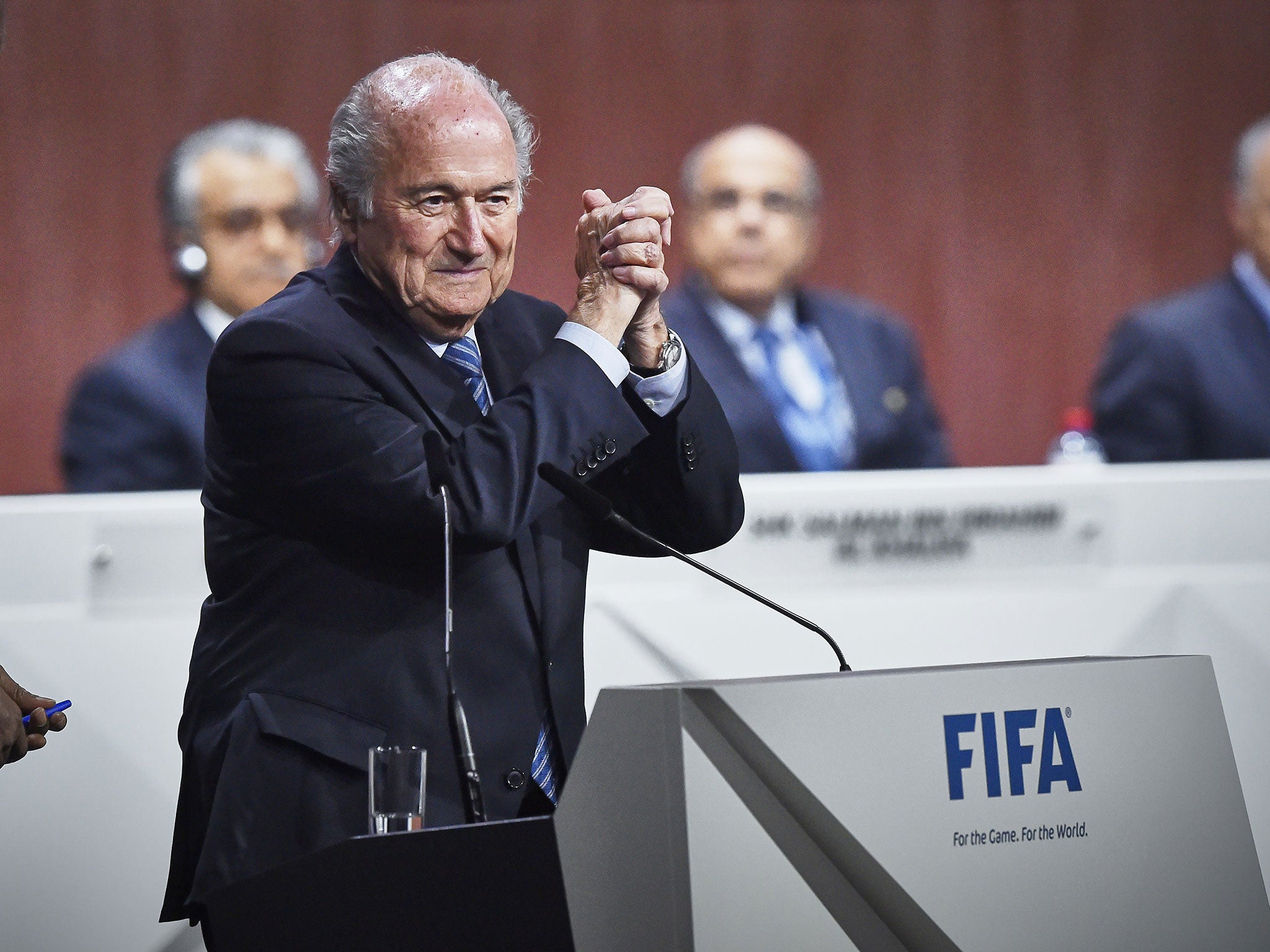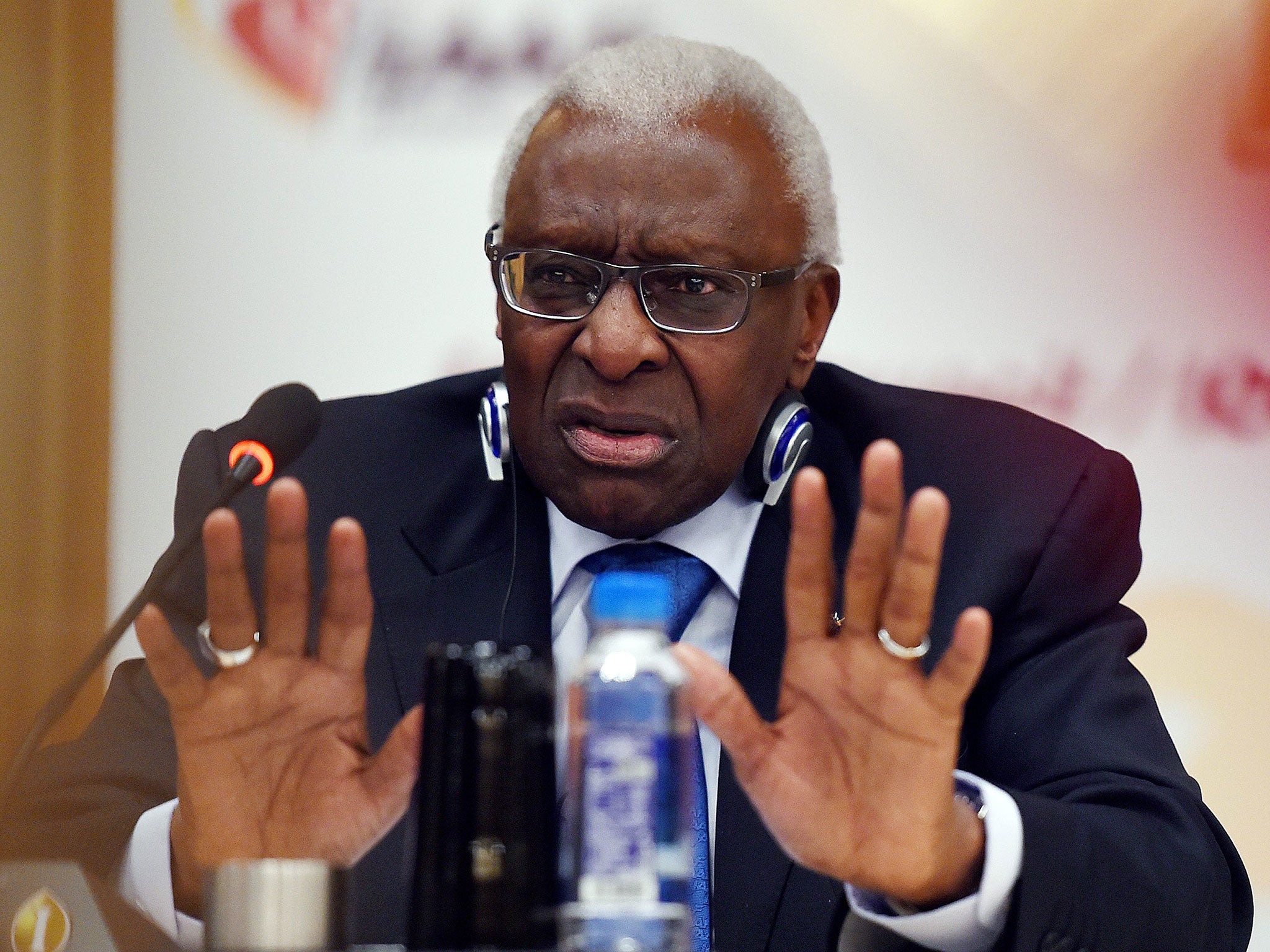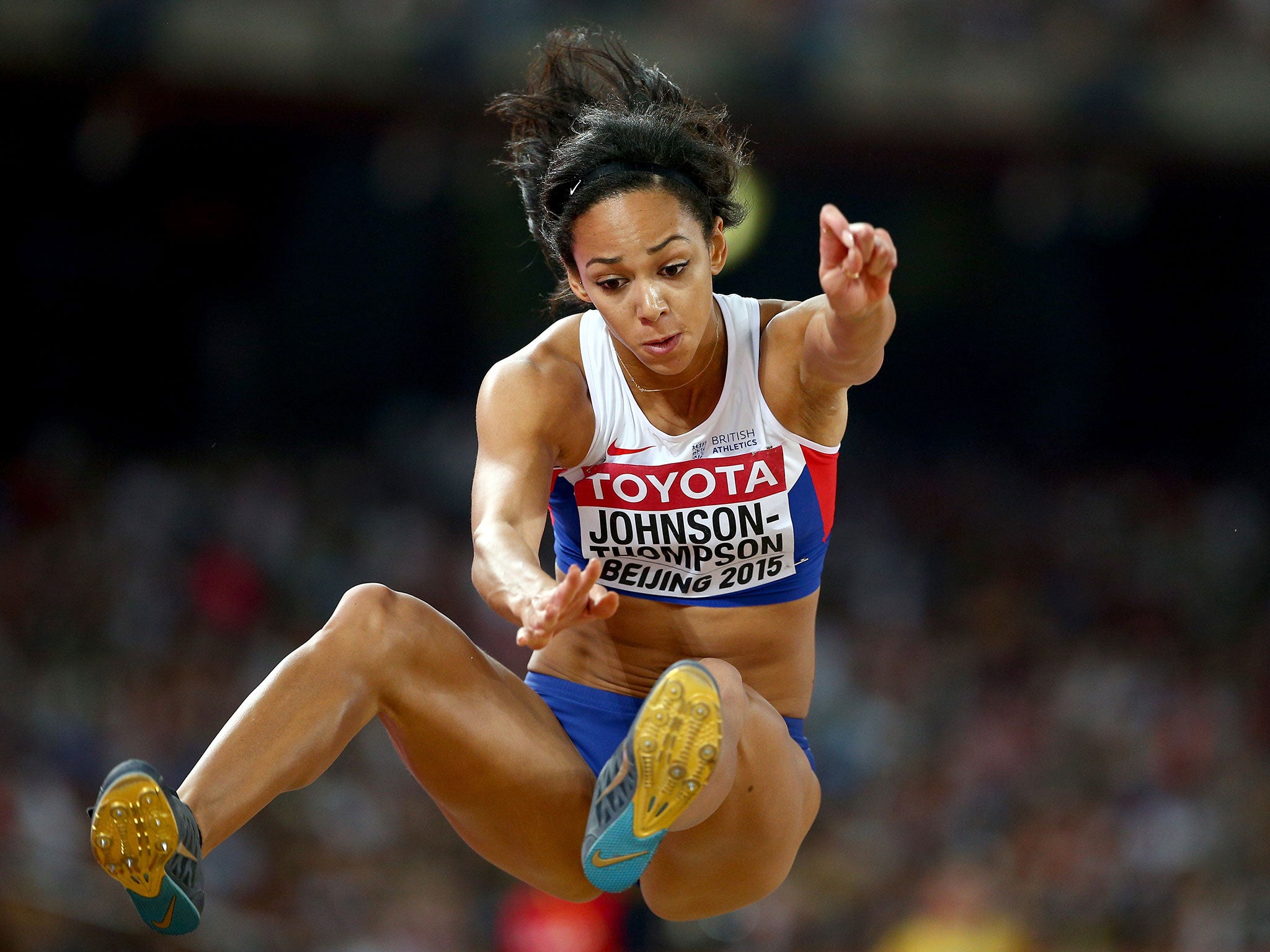A bright future for the sports we love - in spite of all that gloom
It has been a year to make us think again about how we look at the sports we love, from corrupt chiefs to drugged athletes,but even if we rightly look back in anger and confusion, the new year brings with it plenty of contests to relish, as always

There are many for whom, because of the relentless and sometimes mindless drive to find sporting supremacy, the turn of this New Year will bring an incalculable sadness.
Somewhere in the depths of suburban Beijing, the parents of a Chinese girl, Qiny Wenyi, will be facing up to a year which was to have delivered their daughter up to the Rio Olympics swimming team, but will instead be their first without her. She died in the night at a national training camp in November, aged 17, with the absence of a post-mortem, an investigation or so much as a public expression of regret from the authorities compounding the sense that her young life was the collateral damage of a culture of doping in Chinese swimming. Do not be surprised if that is this year’s big scandal in a realm already worn down with them.
For Lizzie Jones, there are iniquities of sport to come to terms with. If her husband, Danny, had been a rugby union international he would have been subjected to the routine medical tests which just might have detected a weakness in his heart, which gave out on him on the field of play last May. The less wealthy Welsh rugby league international set-up did not stretch to such examinations, so she faces the enormous bleakness of a first New Year without him. Their twins were five months old when he died. Her campaign for better testing goes on.
Yet for all such sorrows and the scandals in the year ahead – including the certain struggle to get Russia to admit that there was a moral bankruptcy about their systemic and criminal doping of athletes too young and easily influenced to resist – we stand at the start of a new year in which transparency walks abroad in sport like never before.
We have just closed the door on the year when the truth burst out and laughed in the face of the rich, bloated men who had cheated their way to the money and the medals in sport. We can give thanks for that, even if the credibility of the games we love was pounded along the road.
When 2015 dawned, Sepp Blatter, Michel Platini, Jack Warner, Grigory Rodchenkov, Jérôme Valcke, Chung Mong-joon and a cast of dozens were swaggering around with their blithely untouchable air. Now these godforsaken people are gone, taking their vanity and their warped value systems with them.
Perseverance and quiet intelligence brought them down – and courage to prevail, because it was on the journalists that the cheats and the fraudsters who have milked sport dry have enjoyed turning their fire. Journalists like Andrew Jennings, a sporting hero for 2015 if ever there was one, whose mesmerising encounter with Warner for the BBC’s Panorama lives in the mind’s eye even now. “I would not dignify you with my spit. You’re garbage,” Warner told the reporter, who pursued him through an airport. Unpatriotic, Jennings was called – by British politicians and some newspapers – for calling out Fifa and Blatter. He was due apologies which never came on 27 May when seven Fifa officials were hauled from their beds just after dawn in the five-star splendour of Zurich’s Hotel Baur au Lac.
What sweet vindication there must have been for Jennings as he subsequently related to the world how he had been ushered into an office block off London’s Berkeley Square to meet three smartly dressed FBI officers and be told they wanted him to help them nail Blatter. These were the people who brought down Mafia bosses Al Capone and John Gotti. Blatter squealed like a pig. “Why would I step down? That would mean I recognise that I did wrong,” he said as the deafening sound of the truth cannoned off the walls of his £166m Zurich HQ. He surfaced in dark suit and new brown suede shoes a few days later to say he would go.
This is a cause for celebration, not lament. For so long sport was so peripheral to the national conversation that the investigative scrutiny we now witness was considered insignificant and irrelevant. The distinguished journalist and author Ed Smith recently observed, by way of contrast with these times, that while England’s victory in the 1966 World Cup was held up as the apotheosis of English sporting success, one tabloid newspaper didn’t even put it on the front page. It favoured a minor royal birth as the top story.
Well, 2015 was the year when we saw the white heat of interest in sport reach levels which confirmed that the issues of probity and governance can no longer belong to the margins. It was Cristiano Ronaldo, rather than Shakira or Justin Bieber, who became the first person to achieve 100 million Facebook “likes”. It has been quality, intelligence, insight, investigation and depth which those who share a love for sport have been seeking. The former West Ham footballer Jack Collison’s searing insight into the ecstatic highs and desperate lows of his fight with injury ran to 2,700 words in The Independent on Sunday on 8 November. More than a quarter of a million people – 280,000 – viewed it on this newspaper’s website.
It was the same audience which gives thanks that these isles possess a British Broadcasting Corporation committed to journalism in the face of the Conservative Government’s intent to dismantle and disable it. BBC Scotland invested faith and resources in the talent of Mark Daly, whose own Panorama programme detailed how the Nike Oregon Project coach Alberto Salazar had allegedly encouraged his athletes to cheat by taking testosterone supplements. The US Anti-Doping Agency’s assessment on that is imminent at the beginning of a year which will be dominated by such disclosures.
Neither will we be waiting long for the reckoning on Lamine Diack, Sebastian Coe’s “spiritual leader” and predecessor as IAAF president, whom French police say pocketed £750,000 in bribes to cover up Russian doping.
Narayanaswami Srinivasan has been brought down already – gone several months after the quite brilliant investigative cricket documentary film Death of a Gentleman exposed his malign power and conflicts of interest at the helm of the International Cricket Council. Another dismal man.
The question of who will accede to these seats of power is the prime concern as we look ahead to another year. “We can work extremely hard in stopping any planned ‘attack’ on Russia from the British press in the coming weeks,” Coe’s lieutenant Nick Davies emailed Diack’s son, Papa Massata Diack, we discovered last month. That tells us all we need to know about the associates chosen by Coe, the self-proclaimed “new broom” of athletics.

But the windows on sport are open and the clear air of transparency and probity is beginning to blow in as we prepare for a year of competition which, for views and tweets and likes and tickets sold and sagas and joys and sorrows, seems destined to eclipse all others once more.
It is Usain Bolt who holds us in his thrall, as ever he did. The question of whether he can add another Olympic triple gold to those he won in Beijing and London, the last two Olympiads, will be all-consuming when our eyes train on Rio de Janeiro in August. It may be the last time we see this Jamaican force of nature compete.
If that is not enough to wash away the stench of Russian controversy which will dominate Rio, there will be the brilliant, uncomplicated talent of 22-year-old Katarina Johnson-Thompson, competing for Jess Ennis-Hill’s crown in the heptathlon. Or Nicola Adams and Jade Jones, who have vanished from our radar since we lived and loved their London Olympics, in boxing and taekwondo.
Gareth Bale is right up there with them. Might the Wales team he leads with such unmitigated joy deal an almighty blow for Celtic pride by defeating Roy Hodgson’s England in Lens on 16 June, during a European Championship which constitutes the nation’s first venture into a finals for 58 years? By the time we discover the answer to that, we will have witnessed the French nation looking to football – the supreme international sport – to bring a sense of triumphalism and refusal to yield in the face of those who have perpetrated hate and terror in Paris.
It is the sheer competitive edge of the sporting realm in 2016 which makes this the prospect that it is. Across continents and between nations, margins are narrowing sharply. By a combination of preparation, science, sweat and tears, 2015 was the year when those we had declared also-rans defied such an indignity like never before.
England took the Ashes against the weight of all expectation, rugby union’s World Cup revealed the extraordinary industry of Japan and Scotland, and then there was the Premier League phenomenon called Leicester City – 1,500-1 in August to finish Christmas at the top of the Premier League, having spent more time propping up the division last season than any other side.

Not to mention the Premier League conflagration called Chelsea – 250-1 last August to finish the season in the bottom half after becoming the first title-winning side in Premier League history to lead the league wire to wire, from start to finish.
The redistributive effect of the Premier League’s £5.1bn TV deal contributed. But so, too, did the competitive spirits of the leaner, hungrier sides, hunting for the means to exploit weakness; looking for marginal gains to deconstruct the sporting hegemony.
The Ryder Cup in Minnesota, the World Twenty20 in India, the Rio Paralymics, the Road World Cycling Championships in Doha: someone, somewhere is working on the science of success in them today, with the usual caveat that it is only in the heat of competition, when the pips start squeaking, that we really know which of the competitors have the requisite ice in their veins.
It was Collison, in The Independent on Sunday, who told us most about what prevailing against all odds entails. “It’s hard to explain that intense feeling of sheer joy to someone who hasn’t experienced it,” he wrote. “How can you recreate that feeling of scoring a goal in front of a packed house at home? It’s impossible. The rush is like a drug. You become addicted.”
His words took us to the emotional core of sport and told why it captivates us more than ever, in spite of everything.
Join our commenting forum
Join thought-provoking conversations, follow other Independent readers and see their replies
Comments